Testing Limits In Lockdown | Will The Tokyo Olympics Be A Fair Fight?
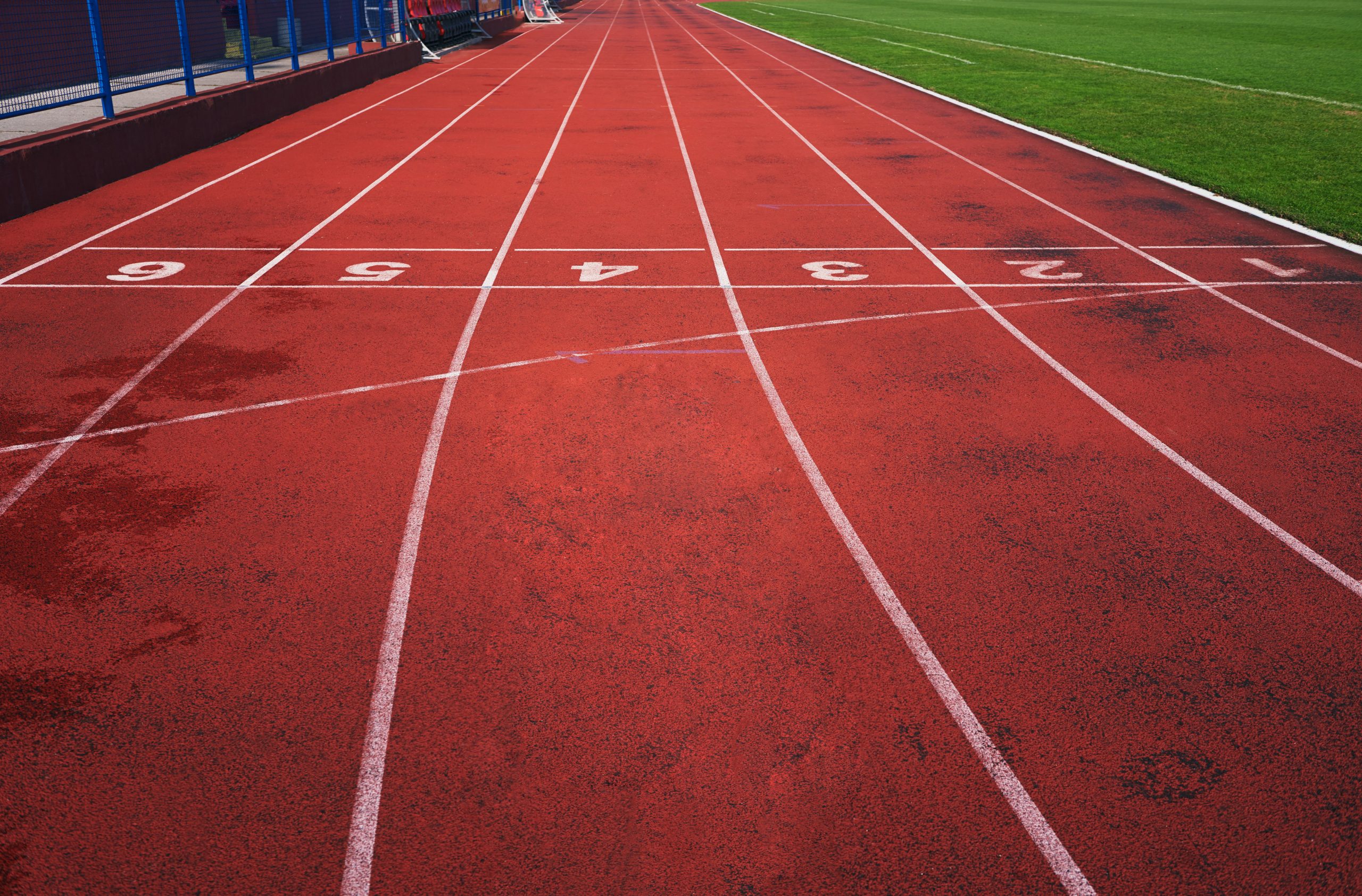
When Covid-19 was declared a global pandemic in March 2020, competitive sport came to a halt. Athletes were still able to train, but all competitions were cancelled and the 2020 Tokyo Olympics were postponed for a year. The lockdowns in the UK and rest of the world also affected one big aspect of any elite athlete’s schedule: drug testing.
Anti Doping Agencies exist to uphold the integrity of sport, but their job becomes increasingly difficult in a pandemic. In the UK from the 1st April to the 30th June 2020 126 tests were completed on elite athletes across 40 Olympic, Paralympic and professional sports. This is compared to 2,212 tests which were completed across the same period in 2019. Of those 126 tests, only 18 were ‘Whereabouts’ tests compared to 260 the year before.
A ‘Whereabouts’ test is where an athlete can be tested with no advanced notice (in comparison to in-competition testing where an athlete might reasonably expect to be tested). Each athlete gives a 1 hour time slot every day, as well as their location, so they could be tested during this slot. Three missed tests in a rolling 12 month period can lead to a two year ban from your sport. ‘Whereabouts’ tests became increasingly difficult to conduct in 2020 due to lockdown restrictions and social distancing measures.
When the UK lockdown was announced, UK Anti Doping announced there would be a reduced number of tests taking place:
“With the cancellation of sporting events and recent UK Government advice concerning the control of the virus, we have reviewed our operational activity and are announcing a significant reduction in our testing programme.”
However, with a reduction in tests, does this not give the perfect opportunity for athletes to break the rules and dope? And might announcing this reduction make add to the problem?
Jess Judd, a 5000m British Champion, spoke to BBC 5 Live about her view on testing. She said that testing is “part of [her] job” and she “couldn’t do [her] full job without it”. Testing for athletes is important to not only check that their competitors are clean, but to do their part in proving that they are competing fairly and have a clean record.
So what determines whether an athlete gets a test? Well, although the ‘Whereabouts’ test sounds like it might lead to random spot check tests, Hamish Coffey, the UK Anti Doping Director of testing, spoke to BBC 5 Live and said that testing is “risk-based and intelligence-led [to] keep sport clean.” What he means by this is that the majority of testing is targeted to make sure that those who are suspected of doping are tested and checked thoroughly. He also states that the testing programme is made better by those who do speak out and report doping suspicions and athletes can do so via the ‘protect your sport’ section on the UK Anti Doping website.
So what can we expect in 2021? Well lockdowns and a reduced number of tests might well mean that cheating is easier for athletes. And what’s more is that the cheating doesn’t need to continue right up until the Olympic Games in 2021. Sport Scientist Ross Tucker also spoke to BBC 5 Live about how training and doping interact and the potential long term benefits. An athlete could dope to allow them to train harder and then all they have to do is maintain the progress they made in that training block – maintaining improvement is much easier than making it. Currently there isn’t a method to look at the doping past of an athlete, so if the drugs they have taken are out of their system when they complete a test, there is no way of checking if they have broken the rules.
What effect could this have on the Olympics? Well, Anti Doping Agencies are confident that they have been vigilant during the pandemic lockdowns in 2020. Hamish Coffey told BBC 5 Live that education is a big part of their job, and education programmes continued throughout lockdown to teach athletes about the negatives of doping and the concept that cheating isn’t winning. Travis Tygart, CEO of the US Anti-Doping Agency, said that US out of competition testing had increased by 13% because of the reduction in competitions during 2020 and that they have put procedures in place to allow testing to continue in a safe way during the pandemic – with Covid-19 tests and PPE for testers.
Hopefully this means we can respect and trust the results that we see at the Olympics next year, and that despite the challenging circumstances of 2020, the integrity of sport will be upheld.

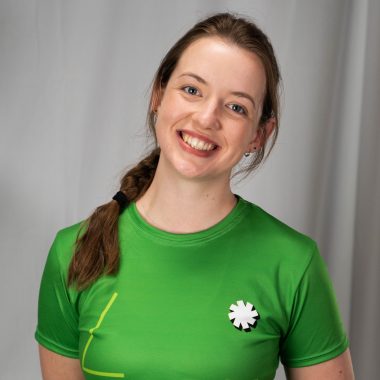
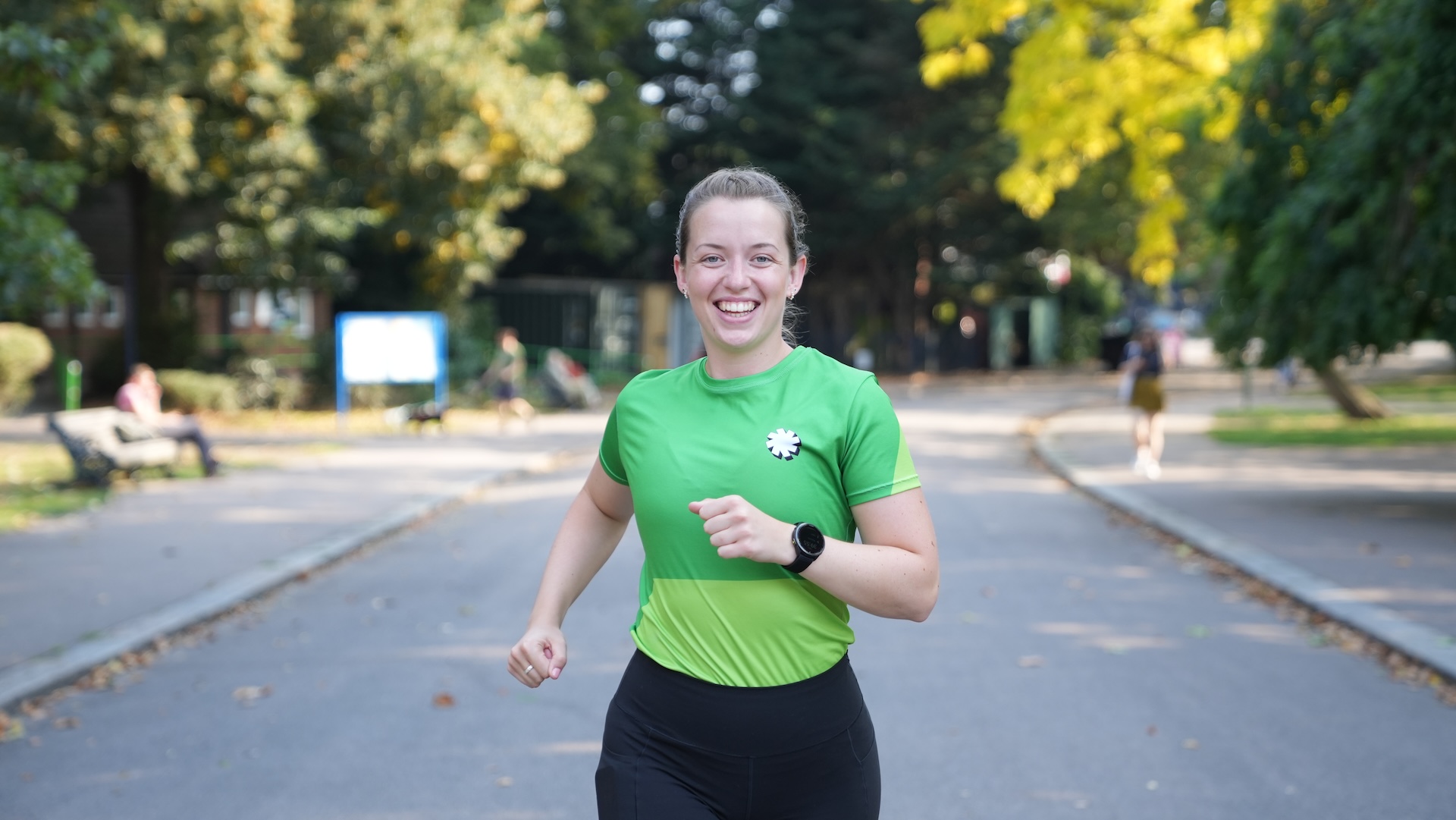

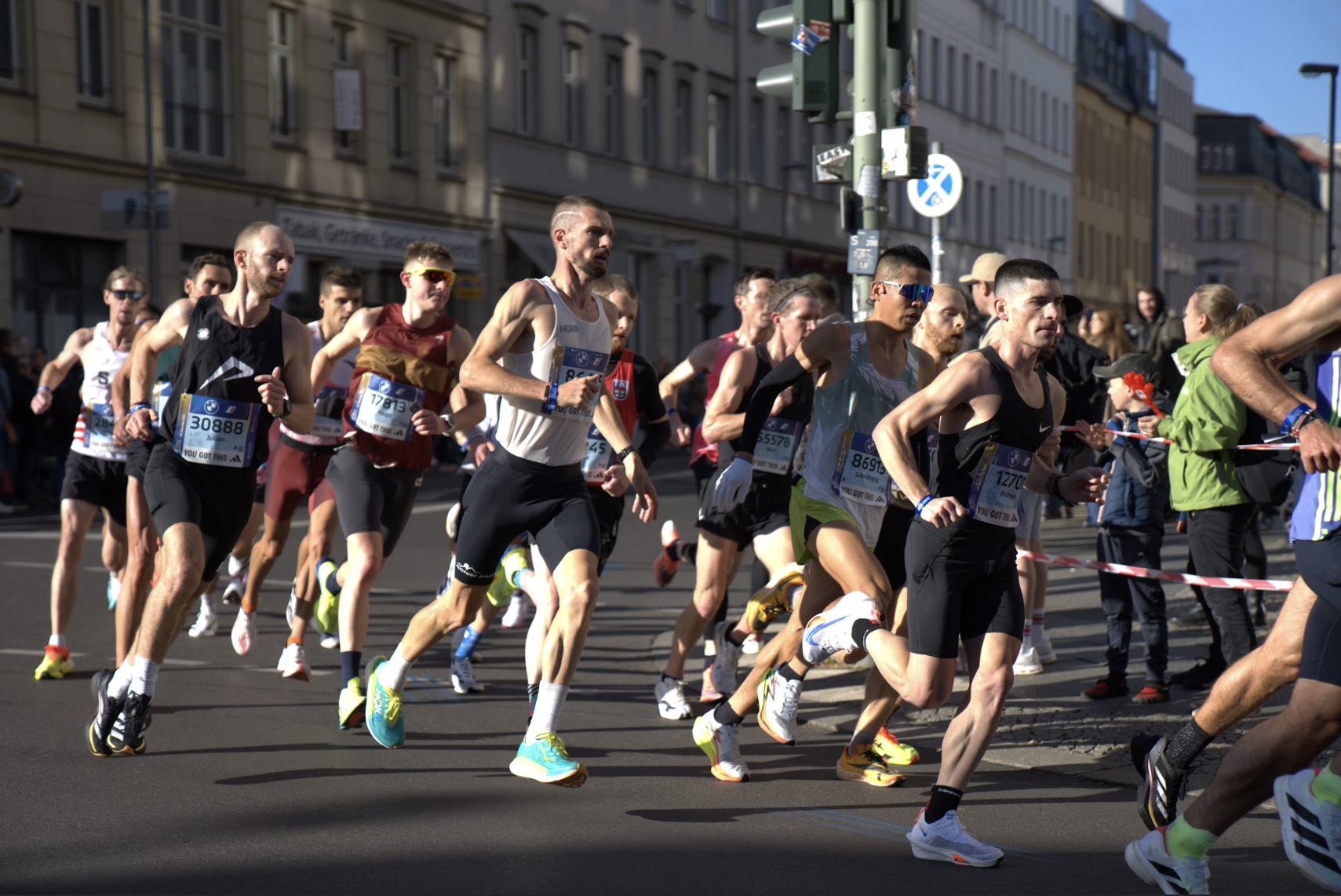
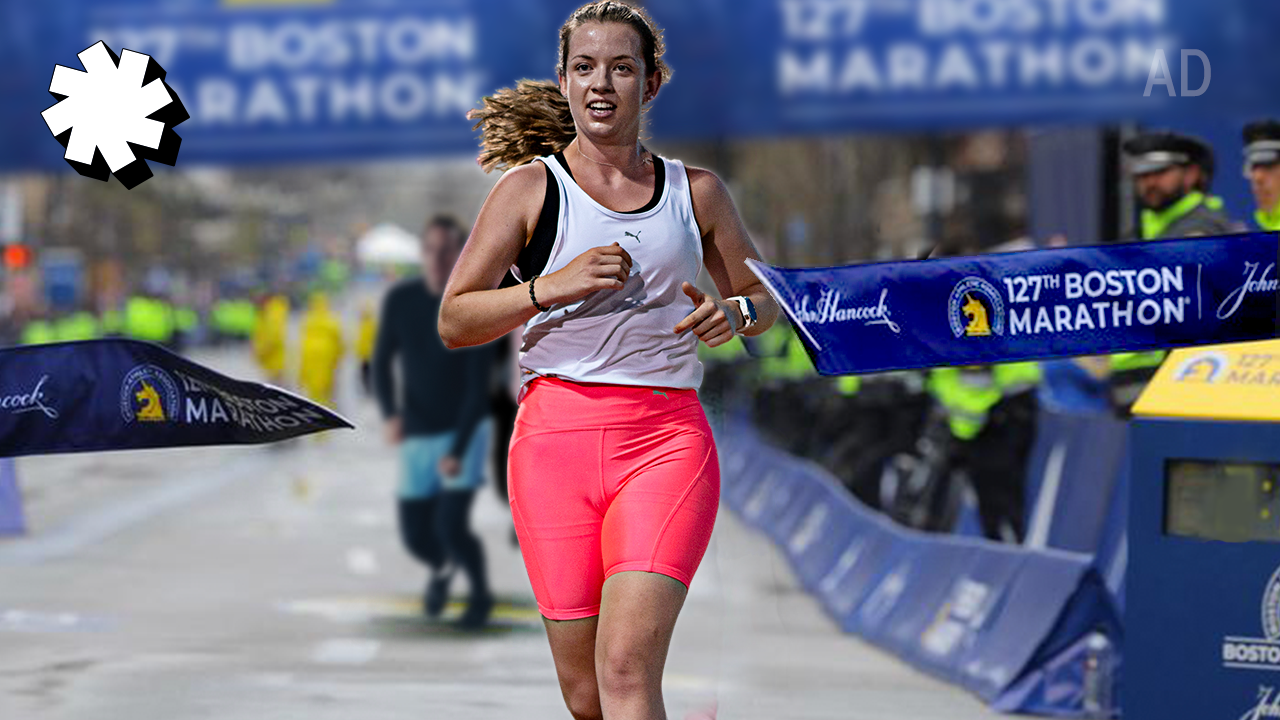






















Running News
Ingebrigtsen Stars at World Athletics Indoor Championships 2025 – Plus All The Winners!
Sam Ruthe Is First 15-Year-Old To Run A Four-Minute Mile!
Eliud Kipchoge Will Run The 2025 Sydney Marathon!